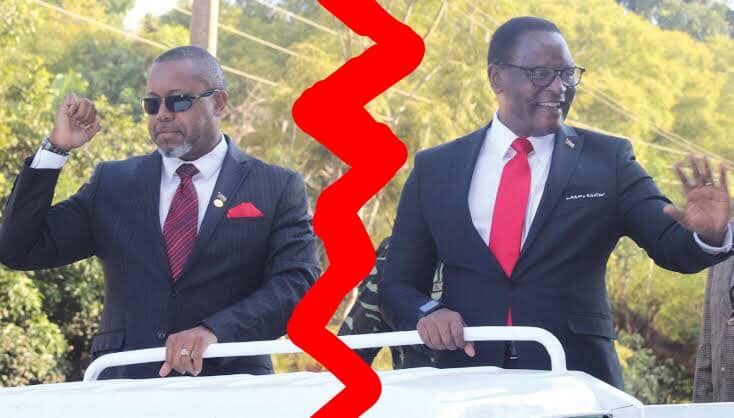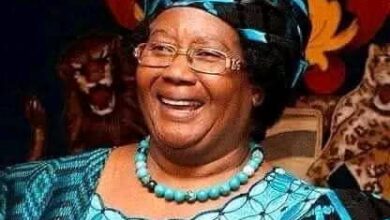Columns
Analysis of the Fallen Tonse Alliance

By Burnett Munthali
The Tonse Alliance, formed with high hopes for political transformation in Malawi, has disintegrated, revealing deep-seated issues within the coalition and its leading parties. Here’s a comprehensive analysis of the factors contributing to the alliance’s downfall:
The Tonse Alliance was primarily composed of the United Transformation Movement (UTM) and the Malawi Congress Party (MCP). These two parties were central to the coalition, having secured over a million votes in the 2019 elections. The remaining seven parties in the alliance played a more peripheral role, serving largely as support to the dominant UTM and MCP.

The formation of the Tonse Alliance was driven more by a quest for power than by a genuine commitment to reform or public service. The coalition was seen as a strategic maneuver to gain control rather than a unified effort to address Malawi’s pressing issues. This lack of a clear, shared vision contributed to the alliance’s inability to effectively govern and implement meaningful changes.
The Tonse Alliance has struggled to make a positive impact on the lives of Malawians. The government has been plagued by rampant corruption, lack of direction, dishonesty, and ineffective leadership. These issues have overshadowed the coalition’s initial promises and eroded public trust.
Following the departure of UTM from the alliance, President Lazarus Chakwera’s government is left with a precarious foundation. The withdrawal of a key partner has exposed the government’s weaknesses and raised questions about its ability to function effectively in the face of growing political instability.
The analysis suggests that the Malawi Congress Party’s (MCP) government is on a path toward inevitable downfall. The MCP, despite its initial promise, has struggled to deliver on its commitments, leading to widespread dissatisfaction. The inability to govern effectively is likely to result in MCP’s return to opposition status.
The failure of the MCP to address Malawi’s challenges effectively has led to a broader skepticism about its ability to lead the country. The experience of Chakwera’s administration has cast a shadow over the prospects of future leaders, particularly those with similar backgrounds, such as pastors, who may face significant challenges in governance.
With the collapse of the Tonse Alliance and the subsequent fallout for MCP, the party is left to navigate a difficult political landscape. The alliance’s failure has resulted in significant political fallout, and the MCP’s solo efforts to rebuild and maintain its political influence face considerable hurdles.
The Tonse Alliance’s collapse serves as a stark reminder of the complexities of coalition politics and the challenges of translating electoral success into effective governance. The impact of this political upheaval will likely resonate throughout Malawi’s political landscape for years to come.






